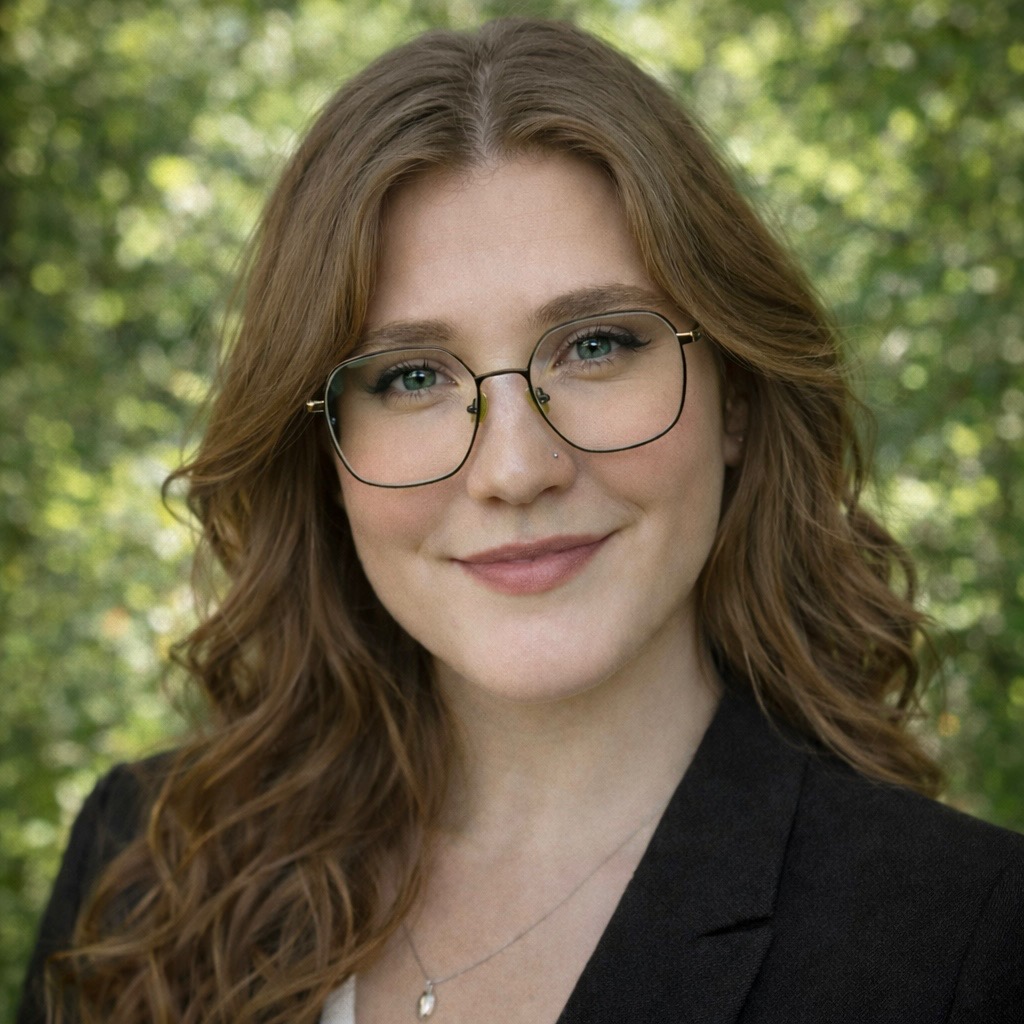Suicidal Ideation & Self-Harm
Suicidal Ideation & Self-Harm
What is Suicidal Ideation & Self-Harm?
Suicidal thoughts and self-harm can feel overwhelming, frightening, and isolating. For many people, these experiences are ways of expressing deep emotional pain or trying to cope when it feels unbearable. Self-harm is often a method of releasing or managing emotions, while suicidal ideation may reflect feeling hopeless, worthless, or unable to see a way forward.
These struggles don’t define you
They’re signals that you’re hurting and need care, support, and a safe place to process what you’re going through.
Are You Struggling With…
-
Thoughts of “wanting to escape” or “not wanting to be here”
-
Hurting yourself to cope with overwhelming emotions
-
Feeling hopeless, trapped, or like a burden to others
-
Hiding your pain because you don’t want to worry or upset loved ones
-
Constant self-criticism, shame, or feelings of worthlessness
-
Feeling emotionally numb, disconnected, or exhausted by life

“Your life matters, even if it feels hard to see right now.”
Who is Treatment For?
-
Teens, adults, and seniors who are experiencing thoughts of self-harm or suicidal ideation but are not in immediate crisis
-
Individuals who use self-harm as a coping strategy and want to find safer, healthier ways to manage emotions
-
People living with co-occurring issues, such as trauma, depression, anxiety, or grief, which often intensify these struggles
-
Couples affected by a loved one’s self-harm or suicidal ideation who want to learn how to support and heal together
⚠️ Please note: We are not a crisis center and cannot provide emergency or crisis intervention. If you are actively suicidal or in immediate danger, please call 988 (Suicide & Crisis Lifeline) or go to your nearest emergency room.
Visit our Resources Page for more immediate support
Why Work With Us?
-
We know it takes immense courage to share struggles with suicidal ideation or self-harm
-
Our therapists provide a safe, compassionate, and non-judgmental space
-
You’ll have the opportunity to talk openly about your thoughts and feelings without fear of judgment
-
Together, we’ll uncover what’s fueling your pain and build healthier coping strategies
-
We’ll support you in finding safer ways to manage overwhelming emotions
-
Healing doesn’t happen overnight — but with consistent support, hope and relief is possible
-
Our goal is to help you move from simply surviving to experiencing connection, meaning, and a sense of purpose again
Meet Our Addictions Therapist

Daniela Violo
M.A., Registered Psychotherapist
EMDR & Couples Therapist

Sydney Esslemont
M.Ed., RP (Qualifying)
Individual Therapist (13+)

Francesca Lupo
M.Ed., Registered Psychotherapist
Individual & Couples Therapist
Suicidal Ideation & Self-Harm FAQs
What does treatment look like?
Therapy is a safe place to talk about your thoughts and experiences without judgment. Together, we’ll focus on understanding what’s beneath your pain, building new coping tools, and helping you feel more connected and supported.
Do I need to be in crisis to get help?
No. In fact, therapy is often most helpful when you’re not in immediate danger but are struggling with ongoing suicidal thoughts or self-harm urges. We are not a crisis center, so if you’re in immediate danger, please call 988 or go to the ER.
Can therapy really help with suicidal ideation or self-harm?
Yes. With the right support, many people find their urges lessen, their ability to cope improves, and their sense of hope returns. You don’t have to face this pain alone.
Will my therapist report me if I disclose that I have suicidal thoughts or am harming myself?
Your safety is our top priority, and while most of what you share is confidential, there are important exceptions.
-
Therapists keep what you say private unless there’s an immediate risk of serious harm to you or someone else.
-
If we believe you are in imminent danger (for example, you have a clear plan and the means to act), we may need to contact emergency services or your identified emergency contact to keep you safe.
- If you are a teen/minor, we will explain at the start of treatment how we handle safety concerns and when guardians may need to be notified; we’ll work with you as much as possible while prioritizing safety.
What to expect if you share these thoughts:
-
Your therapist will respond with care, not punishment. The first steps are conversation and assessment — understanding how serious the thoughts are and what supports you have.
-
We’ll work with you to build a safety plan, discuss coping strategies, and—whenever possible—include you in decisions about next steps.
-
Only when a clear and immediate risk exists will we involve outside services, and we will explain what we’re doing and why.
If you’re unsure about confidentiality or want to talk about this before sharing anything, please bring it up with your therapist — we’ll answer your questions and explain our policies so you feel safer asking for help.
Start Your Journey
Book Your Free Consultation
A quick call to learn more about your needs and how we can support you.
Schedule Your Intake Session
Your first full session, where you’ll share your story and goals with your chosen therapist.
Begin Your Journey Forward
Start moving toward clarity, growth, and lasting change.

Evergreen Therapeutics
Address
3425 Harvester Road, Unit 213, Burlington, Ontario.
Contact Info:
- admin@evergreentherapeutics.ca
- 647-693-0495 ext.0
If we miss you by phone, please leave a voicemail with your name, number, and availability for a callback.
We recommend booking a free 20-minute Phone Consultation.
Practice Hours (Hours vary by therapist)
